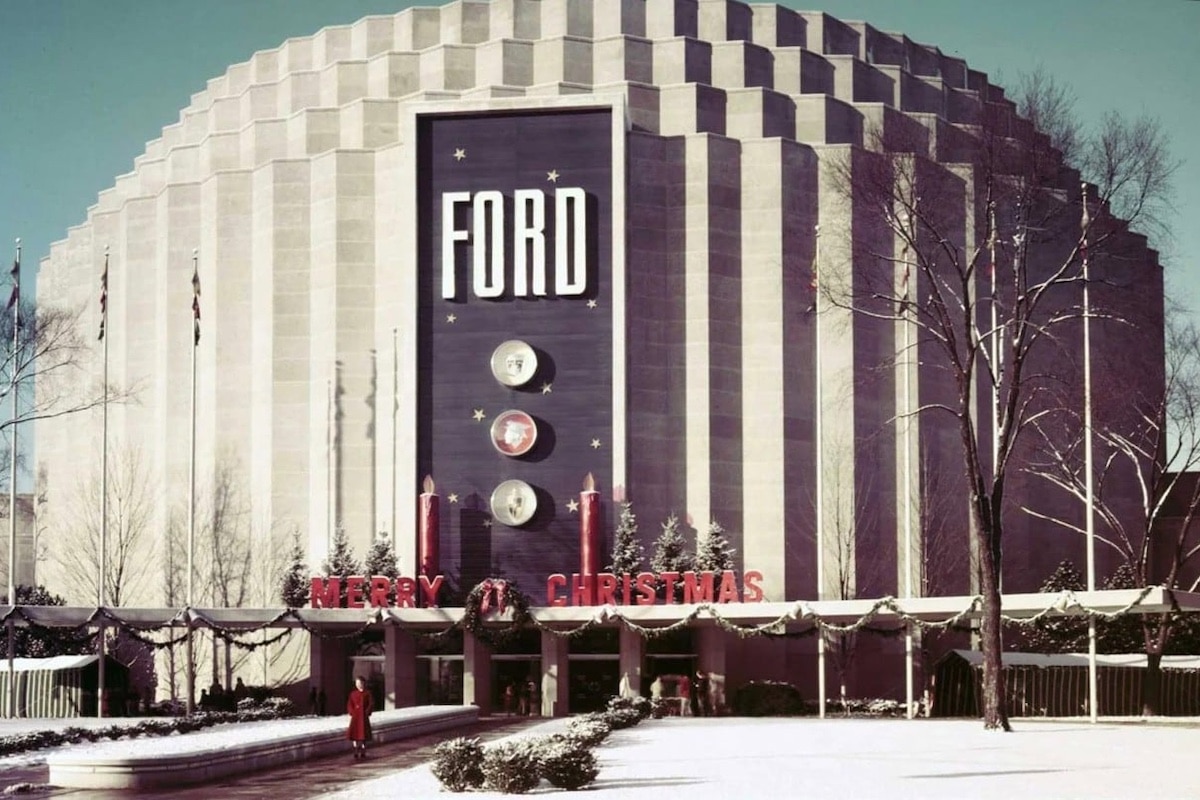65 Years Ago, Ford Lost a Part of Its Soul

On November 9, 1960, the Ford Motor Company passed into the hands of a leader outside the founding family.
That day, Robert S. McNamara was appointed president of Ford, ending nearly six decades of dynastic tradition since its founding in 1903.
McNamara, a Harvard graduate and former executive in the company’s statistics department, was part of the famous “Whiz Kids,” young managers recruited after World War II to modernize the company’s methods. Pragmatic, meticulous, and obsessed with streamlining, he ushered Ford into an era of cold analysis and accounting efficiency, breaking with the more intuitive and sometimes paternalistic spirit of the elder and younger Fords.
A blow to the Ford family
Under his leadership, the brand adopted a more scientific approach to the market. He ended several programs deemed too costly and launched rational models, including the Falcon, a compact, economical, and emblematic car representing a more modest turn in American automotive design. Far from the chrome excesses and large engines of the 1950s, McNamara promoted an accessible, functional car suitable for the middle class.
But his authoritarian style and strictly managerial vision displeased the heirs, who were attached to a more industrial and family-oriented dimension of the business. Barely two months after his appointment, McNamara accepted an unexpected proposal: to join the Kennedy administration as Secretary of Defense. He left Ford in early 1961, handing the reins back to Henry Ford II, who held them until 1979.
After this period, Ford’s leadership remained in the hands of executives outside the family for a long time, until the return of William Clay Ford Jr., great-great-grandson of Henry Ford, who became CEO from 2001 to 2006 and then continued as chairman of the board.
You might be interestedin this article:
This transition remains symbolic: Ford’s shift from family governance to a corporate management logic heralded the transformation of American industrial capitalism. McNamara, often later criticized for his role in the Vietnam War, still embodies today the moment when economic rationality overtook entrepreneurial instinct. A major turning point, which happened exactly sixty-five years ago, made Ford a modern group—but at the cost of part of its soul.
ALSO TO READ: 117 years ago, Ford changed the road forever
This page is translated from the original post "Il y a 65 ans, Ford perdait une part de son âme" in French.
We also suggestthese articles:
Also read





